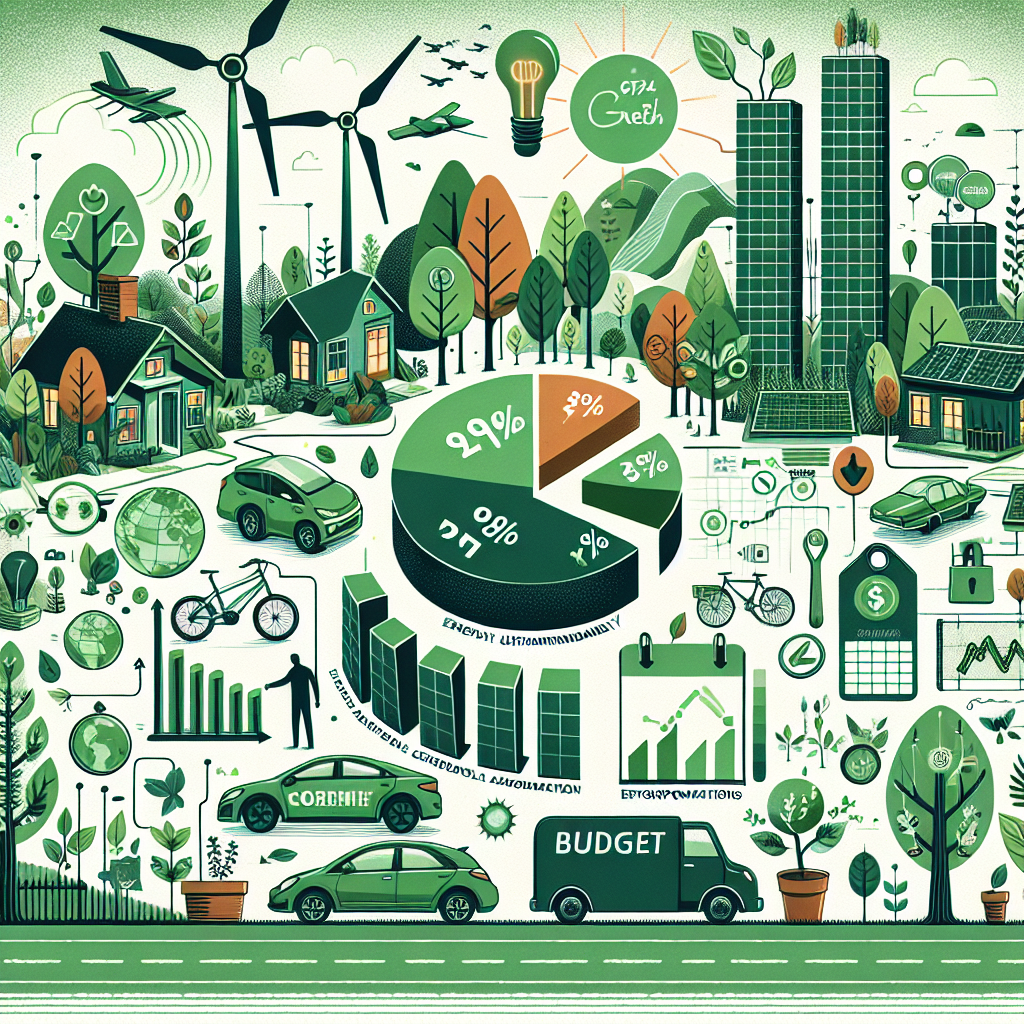This Autumn Budget the Chancellor will be balancing spending cuts and tax increases to fill the fiscal ‘black hole’ with measures to stimulate growth. The green economy grew 9% in 2023 against 0.1% growth in rest of the economy. Stimulating green growth offers the best opportunity to revitalise the economy.
A change to the government’s fiscal rules could be critical to helping the government to electrify the economy, reducing the risk of huge increases in energy bills due to spikes in the cost of fossil fuels driven by international crises.
Funding for the National Wealth Fund and GB Energy expected to be confirmed, offering a £14 billion boost to the green economy which could leverage in 3 times as much private investment.
Government expected to increase the windfall tax on profits of oil and gas firms – with the energy profits levy due to rise from 35% to 38% on 1st November and remain in place to 2030.
The green economy grew 9% in 2023, against a growth rate of 0.1% in the rest of the economy. Stimulating green investment is the most effective way to grow the economy and create jobs in high tech industries. The Chancellor’s Investment Summit, and the launch of the National Wealth Fund, was welcome recognition of the role net zero can play in turbocharging British growth. The government must use its first budget to provide a clear signal that boosting green investment and growth will be at the heart of its economic strategy. Any announcement on changing the fiscal rules to enable greater borrowing for capital investment should be accompanied by commitments to focus this investment on stimulating the green economy, in particular electrifying industry and building a clean power system. A Net Zero Investment Plan, long championed by E3G, business and investors, will be a critical step towards ensuring government policy effectively incentivises investment. This would provide a clear and regularly updated sector-by-sector investment plan to deliver on Labour’s clean power and growth missions. Investment flow tracking would enable identification of investment gaps to ensure that public investment, including via the National Wealth Fund, is strategically targeted. The Autumn Budget can also be used to help position the UK as the global green finance capital by announcing new requirements that mandate credible net-zero transition planning and disclosure across financial institutions and FTSE 100 companies. This could drive billions in private capital into building the net zero economy. The Chancellor should also embed net zero into the mandates of financial regulators and the Bank of England, helping to accelerate private sector investment into the economy. The new government is on a mission to move away from fossil gas and build a clean power system by 2030. To do so, the UK needs to rapidly expand wind and solar power generation, managed with flexible demand and storage. The energy sector contributes £149bn in econ

